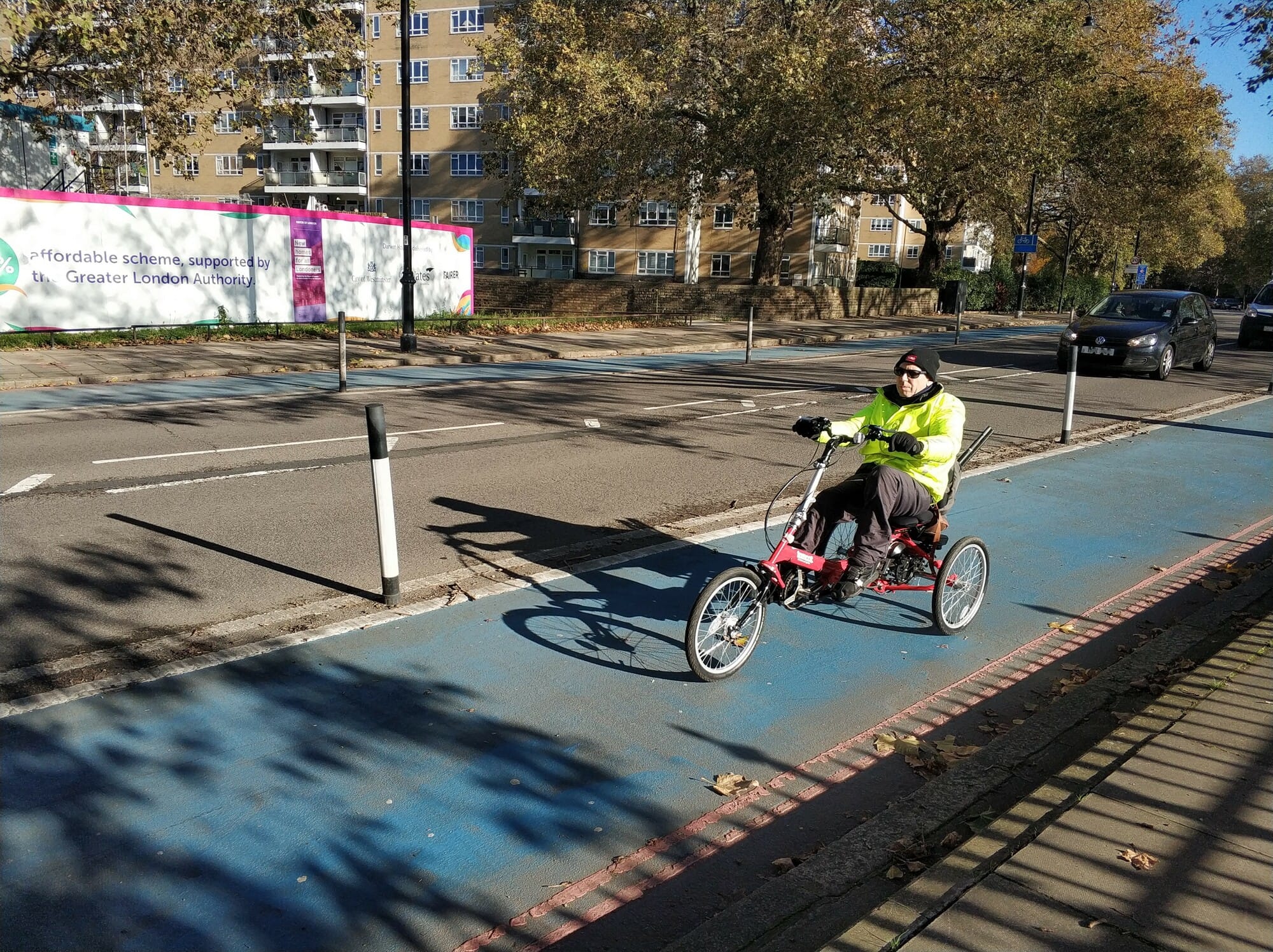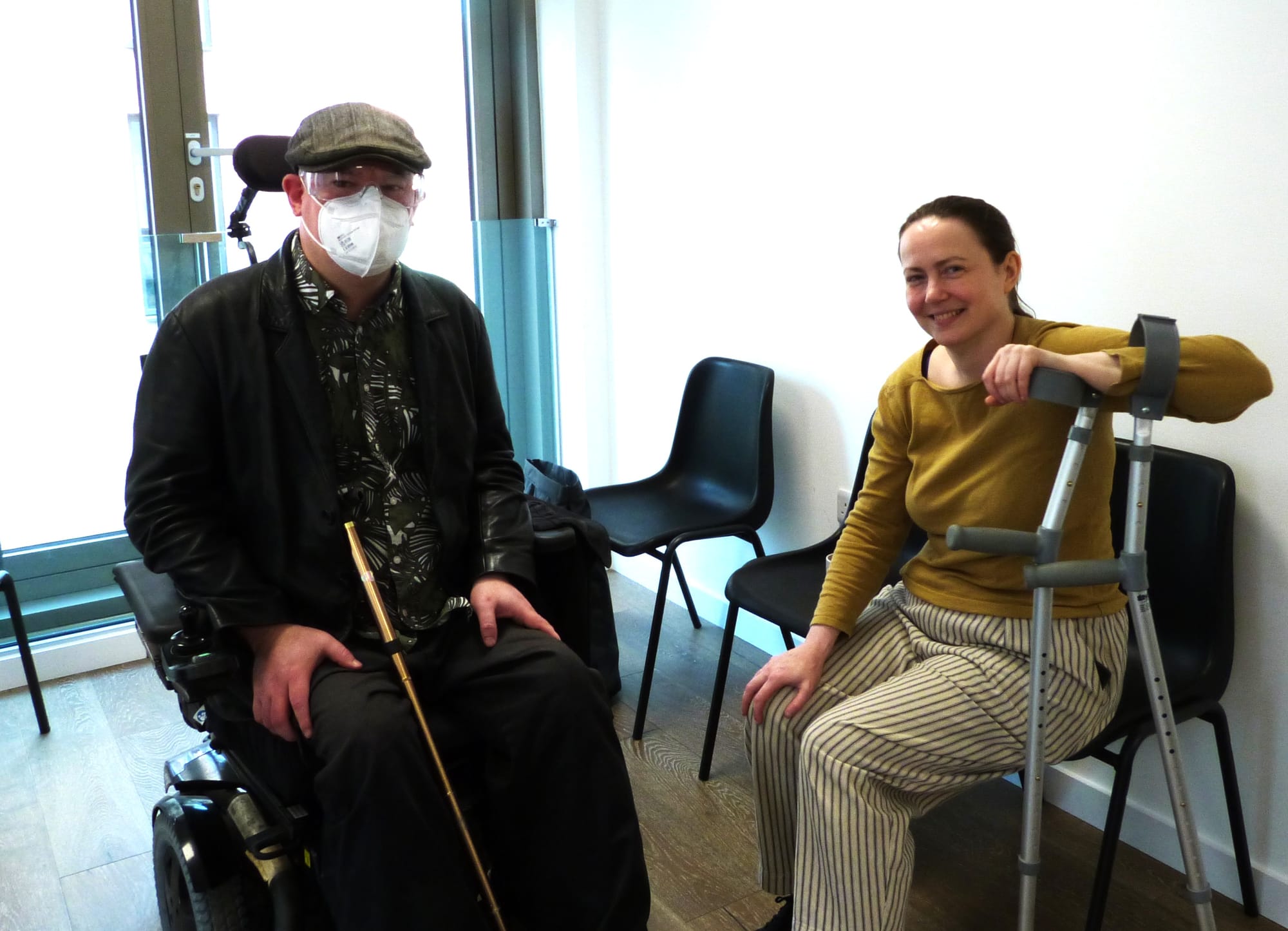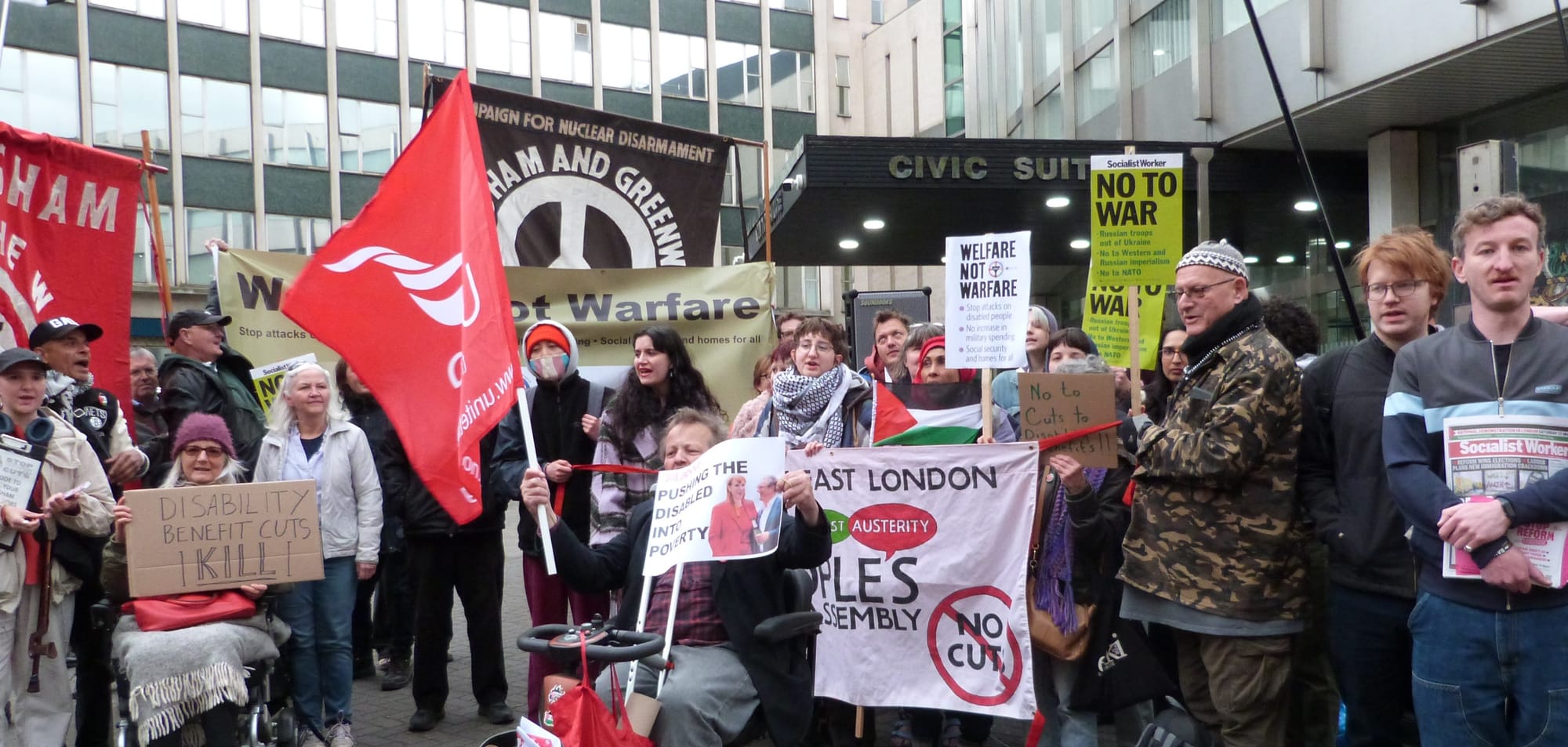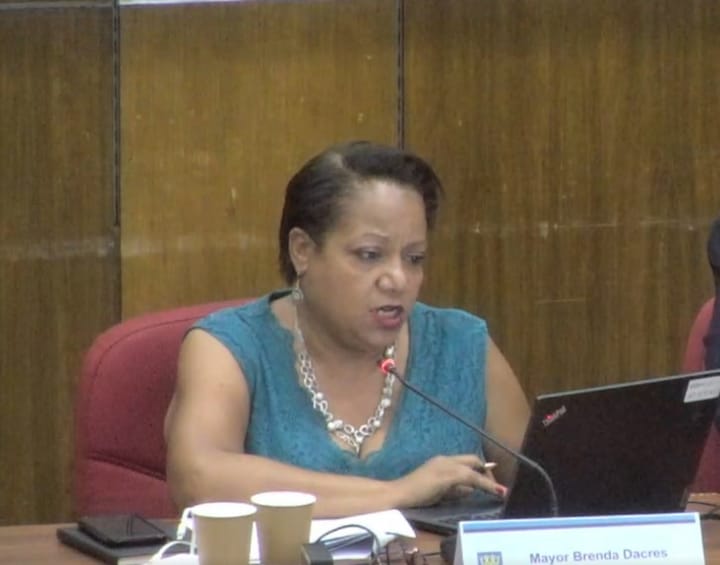Police impound disabled man's wheelchair for 3 weeks
A severely disabled man from New Cross was left housebound and completely dependent on friends and family, while he appealed to police to release his wheelchair from Charlton Vehicle Pound.
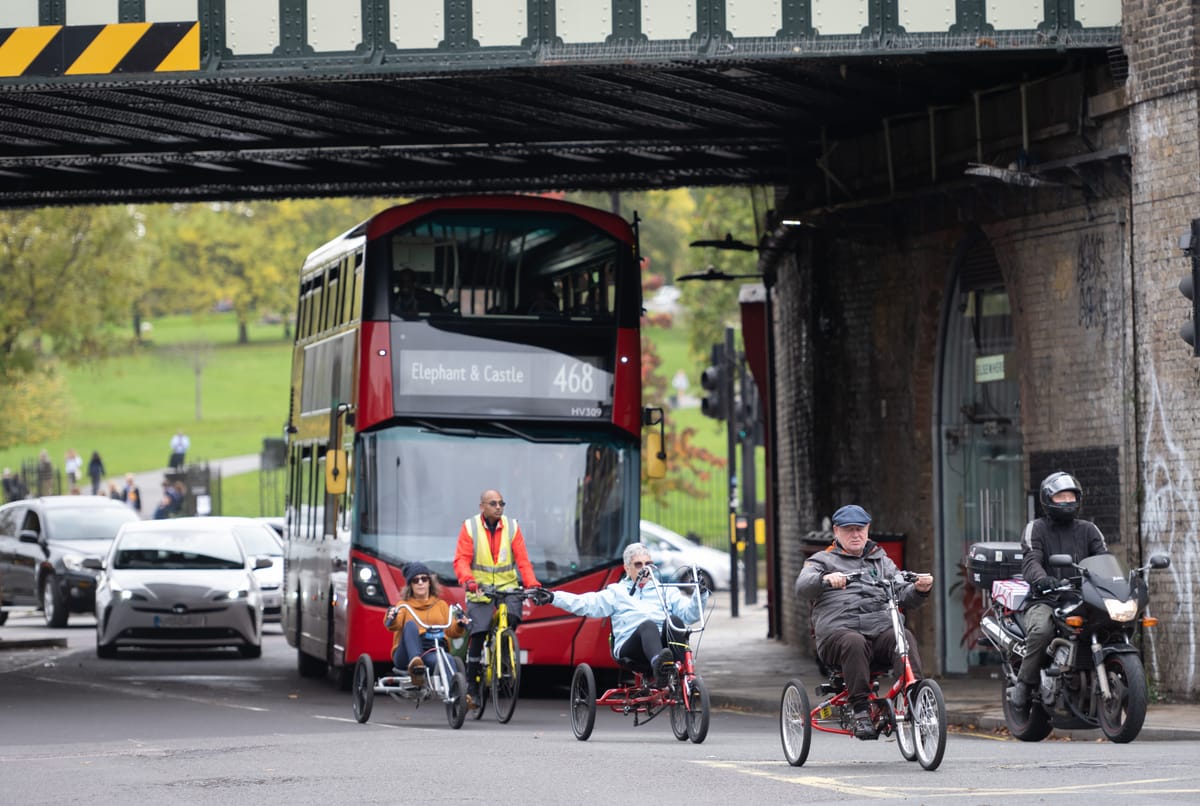
Isra Vidal went for a night out at Hootananny in Brixton on 7th May with his sister, she had bought tickets for the concert as a birthday gift.
On leaving the venue, Vidal fell from his wheelchair. He hit his head on the road and was knocked unconscious. The police and ambulance service were called and Vidal was taken into King's College Hospital, where he remained unconscious for most of the following day.
When Vidal woke up in hospital, he was told that the police had confiscated his wheelchair.
It took three weeks of appeals and lobbying from Vidal, his family, his GP, hospital medics and eventually advocacy groups before he got it back.
Vidal is paraplegic with complex health needs and has a specially adapted, manual wheelchair. It has an option to attach a wheel at the front, this can be manually operated as a "hand bike", or with different attachments, operated as an electric bike. The attachments are designed to be easily clipped on and off.
On this occasion, Vidal had clipped a battery-powered electric bike attachment onto his wheelchair. He explained that he has used the electric bike attachment for years, travelled extensively with it, including through airports, and that he believed it was legal.
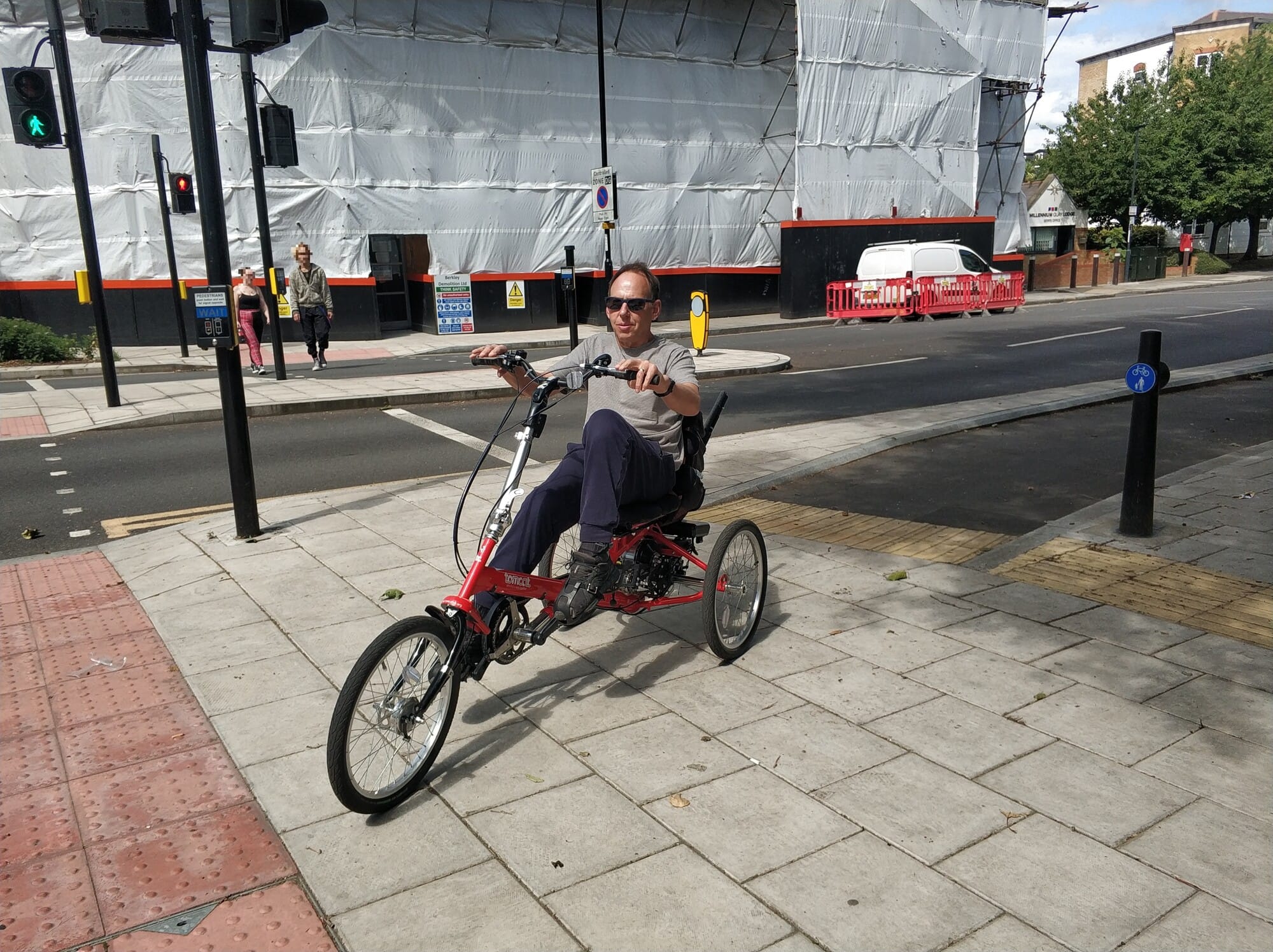
It seems that Vidal’s wheelchair and its attachment got swept in a legal grey area surrounding mobility scooters and wheelchairs with power attachments.
There has been rapid take up of wheelchair power aids, alongside e-bikes and e-scooters, but legislation on mobility aids for disabled people has been left in the 1980s.
Kate Ball from charity Wheels for Wellbeing said: “We need urgent changes to mobility aid regulations and guidance so Disabled people can use our safe, product safety certified powered aids to make the journeys we want and need to.”
Three weeks without his wheelchair
While Vidal was in hospital and unconscious, police informed his sister that they had seized the wheelchair with the attachment, and that he would not be permitted to collect them.
Vidal's sister appealed to the police, explaining that the wheelchair and the attachment were two separate items and that he has a medical need for the wheelchair.
Before they discharged Vidal, different hospital staff tried again, contacting the police to request the return of the wheelchair. They were unsuccessful and he was discharged with a standard issue hospital wheel chair.
The hospital chair was did not meet Vidal's complex medical needs and was unsafe.
"From day one, I was asking them to just return my wheelchair," he said. "Without it, I'm basically homebound and without any independence, I can't cook, go to the toilet, anything".
Within 24 hours of getting home, he had been taken back to hospital, due to new medical issues caused by the unsuitable wheelchair, including a fall. On his return home the second time, Vidal lobbied tirelessly for the return of his wheelchair, including contacting MPs about his case.
"We told the police repeatedly, not just me, but my GP, the occupational therapist, the hospital management, everyone told them that the wheelchair is medical equipment and I need it.”
“Without it, I cannot move,” he said. “You're keeping me homebound and insecure.”
Vidal even asked a friend to drive him to Charlton vehicle pound, hoping to break the deadlock by speaking to someone in person. Once again, the police refused again to release the wheelchair.
Growing increasingly desperate, Vidal connected with campaigners Wheels for Wellbeing. The charity contacted the police, pointing out again that Vidal's unpowered wheelchair was completely legal.
They argued that the impact of the removal and retention of Vidal's wheelchair was "even more severe than the effect of keeping a non-disabled person under house arrest and in shackles.”
They stated that they believed that the police action was likely to breach of the Equalities Act (2010) and the Human Rights Act (1998).
Wheels for Wellbeing received an immediate response from the police, telling them that they could advise Vidal he could collect his wheelchair. (He pointed out that once again, the police did not directly address him in the conversation.)
Vidal's uncle collected the wheelchair; he was charged £190 to retrieve it.
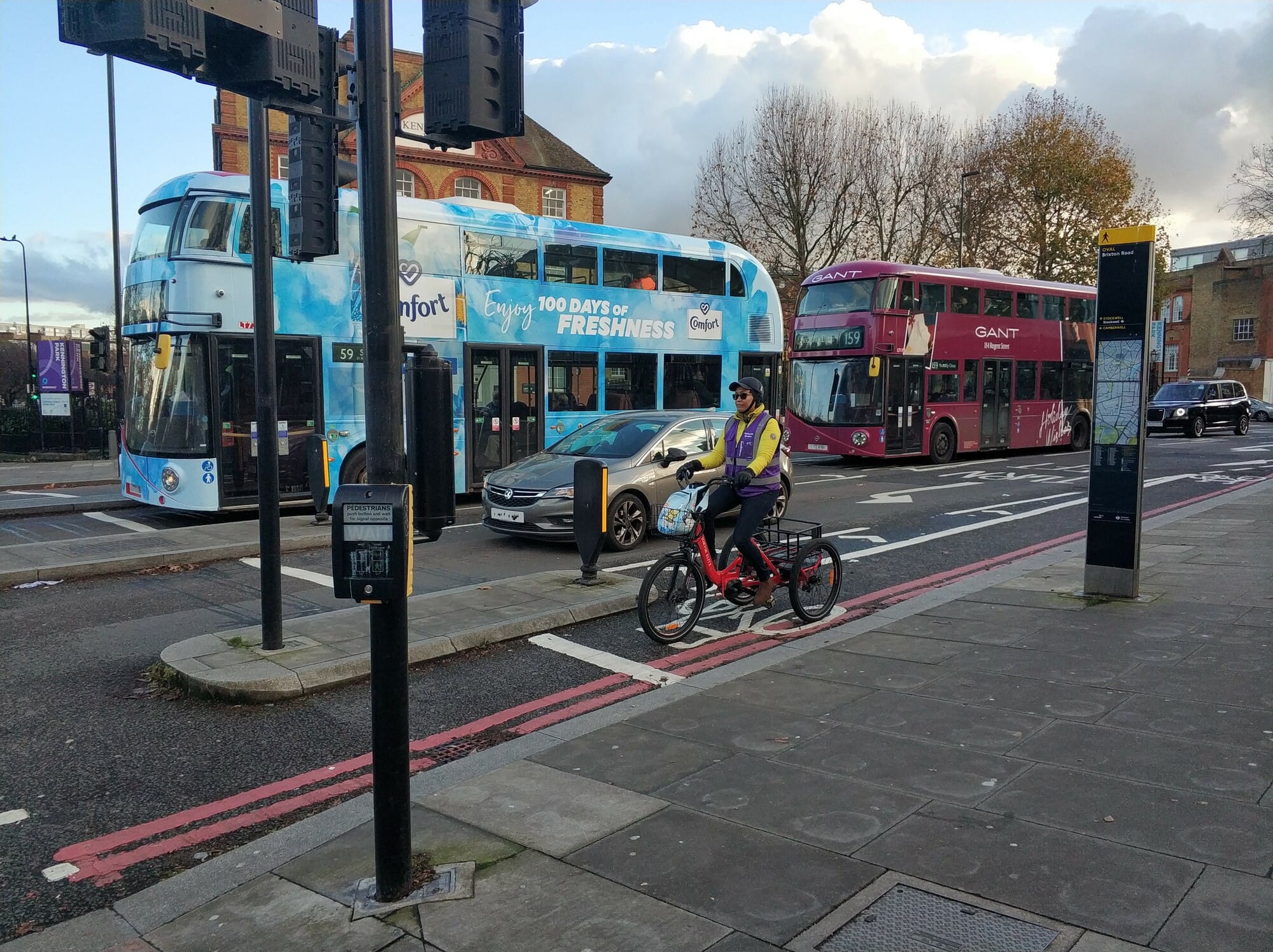
Legislation for e-bikes and e-scooters
Electric bikes and e-scooters are recognised as an important part of the "sustainable and active travel" landscape by Transport for London (TfL). They have zero emissions, produce no air pollution and help reduce car journeys in the city.
Electric bikes are treated broadly in the same way as regular bikes provided the power output is capped at 250 Watts, and the speed is limited to 15.5 mph (25kph).
Legislation of e-scooters is less clear, with some police forces seeming to "turn a blind eye" to usage which breaks the law.
It is illegal to drive private e-scooters on public roads, pavements or paths. But rental scooters are permitted to travel at up to 12.5 mph (20 km/h). A third of London boroughs are hosting e-scooter trials; at present these are the only legal way to drive electric scooters on London's roads.
Road Traffic Act of 1988 – “invalid carriages”
Wheelchairs with some types of electrified attachment - “e-assist handcycles” - are treated as pedal cycles and are legal. But wheelchairs with other types of electrified “bike” attachment fall under legislation which was passed almost 40 years ago.
The legislation which applies, Section 165 of The Road Traffic Act of 1988, refers to “invalid carriages”, a term which many disabled people find offensive. It was designed to apply to 3-wheelers with small petrol engines, but is now used to apply to wheelchairs and mobility aids.
The police treated Vidal's wheelchair with its temporary attachment as a single vehicle which did not meet the conditions of an "invalid carriage". Their position seemed to be that it was therefore a motor vehicle and he would need to register it with DVLA, have a valid driving licence and insure the vehicle to reclaim it.
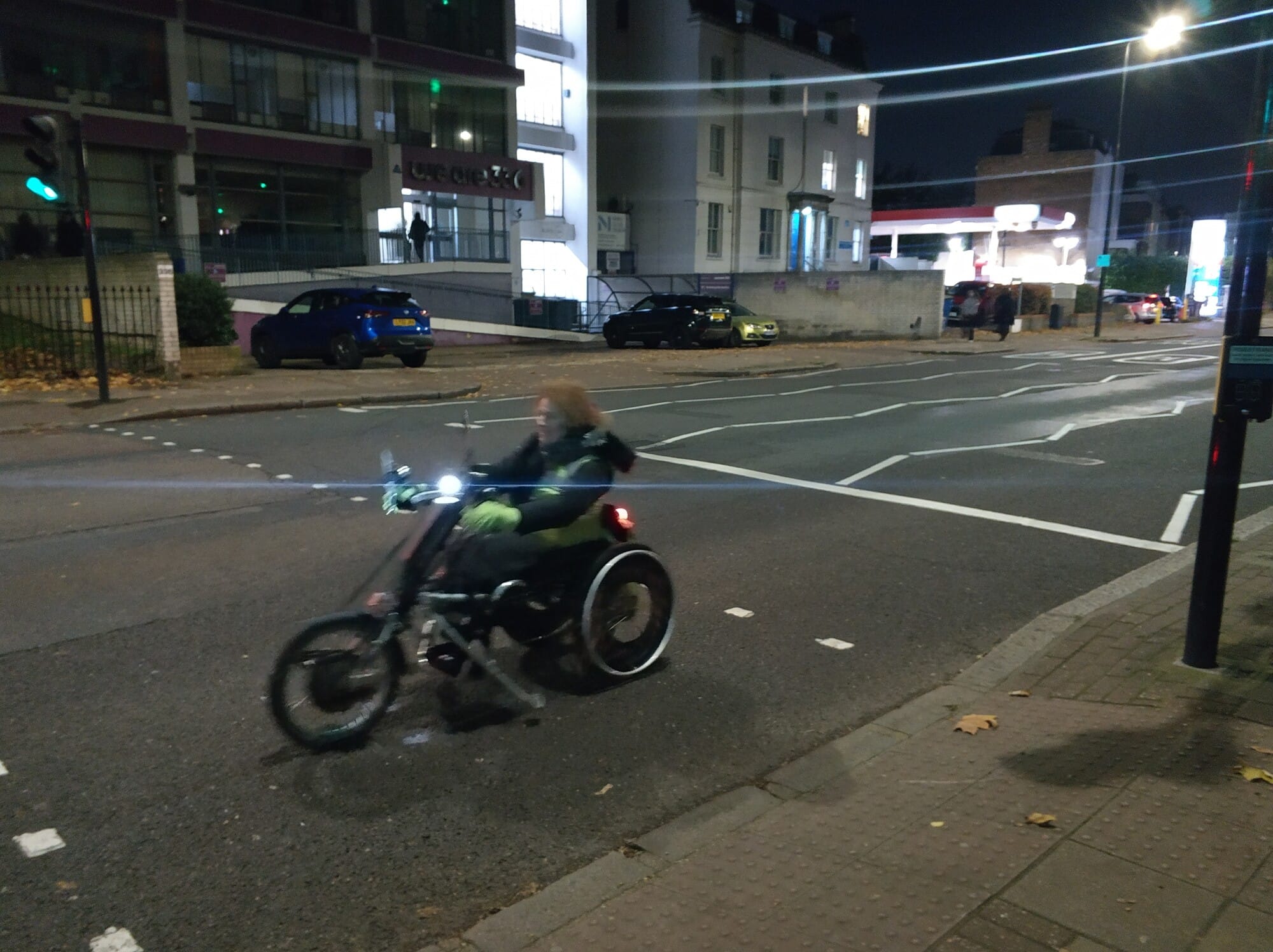
Never acceptable to remove a disabled person’s aids
"What Isra has been put through over the past three weeks is completely unacceptable," said Ball.
"We need to see urgent national guidance in line with the Equality Act (2010) that it’s never acceptable to remove a Disabled person’s aids unless there’s no other way to remove an immediate risk to that person or others.”
Vidal points out that more and more disabled people in wheelchairs are using trikes of different kinds and the legislation has been left behind.
"At the end of the day, I'm OK", he says. "I have support from family and friends. But if this happened to someone who's isolated .. this could be life-breaking."
The Metropolitan Police did not respond to a request for comment.
Wheels for Wellbeing campaign to remove barriers to cycling for Disabled children and adults.
